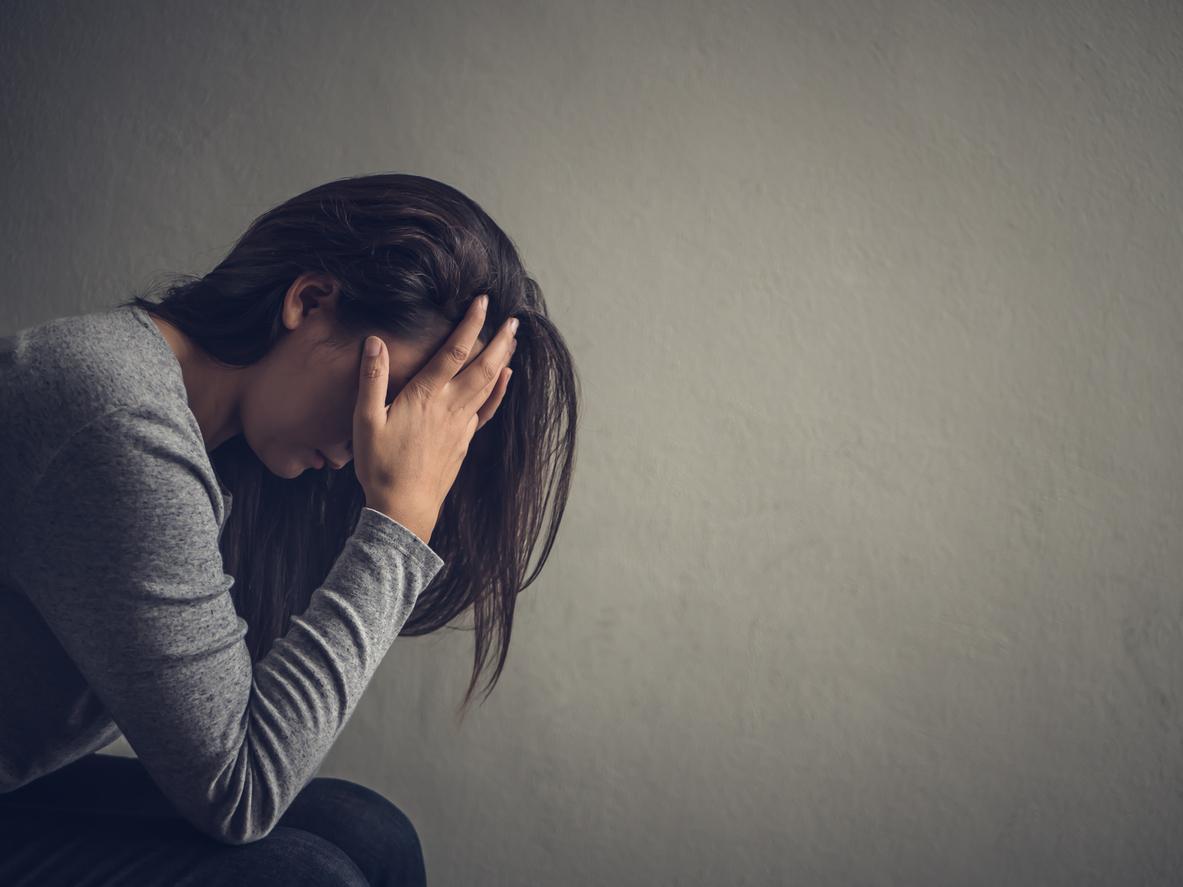Having your period early is associated with an increased risk of developing early menopause, especially if women have not had children, according to a study.

Women who had their first period at or before the age of eleven have an increased risk of experiencing early menopause, according to a study published in the journal Human Reproduction. Women who, in addition, have not had children see this risk further increase.
The authors looked at the data of 51,450 women who took part in national cohorts in several countries (United Kingdom, Scandinavian countries, Australia and Japan).
No pregnancy
According to their observations, women who had an early first period (before age eleven) have an 80% increased risk of experiencing premature menopause (triggered before the age of 40), and a 30% increased risk of experiencing menopause. early (between 40 and 44 years old), compared to women who had their first period at the age of 12-13 years.
In addition, women who have never been pregnant are twice as likely to develop premature menopause, and a 30% increased risk of experiencing early menopause. For women who combine the two conditions (early periods and absence of pregnancy), the increased risk is even higher: five times more for premature menopause and twice as much for early menopause.
For the authors, the results of this study should be used by clinicians in order to improve the follow-up and the management of these women by integrating the age of the rules as a risk factor. In addition, these clinicians could “put in place early strategies to prevent and detect chronic diseases associated with menopause, such as heart disease,” write the authors.
Different generations
Scientists do not provide an explanation for this association. They note, however, that the absence of pregnancy may be linked to fertility problems which, in themselves, can induce early menopause.
In addition, the authors warn about the value of these results on the new generations of women, who tend to have their periods earlier than the generation of women studied, for the most part born before 1960, and who benefit from treatment against it. infertility still scarce for women of the previous generation.
.

















